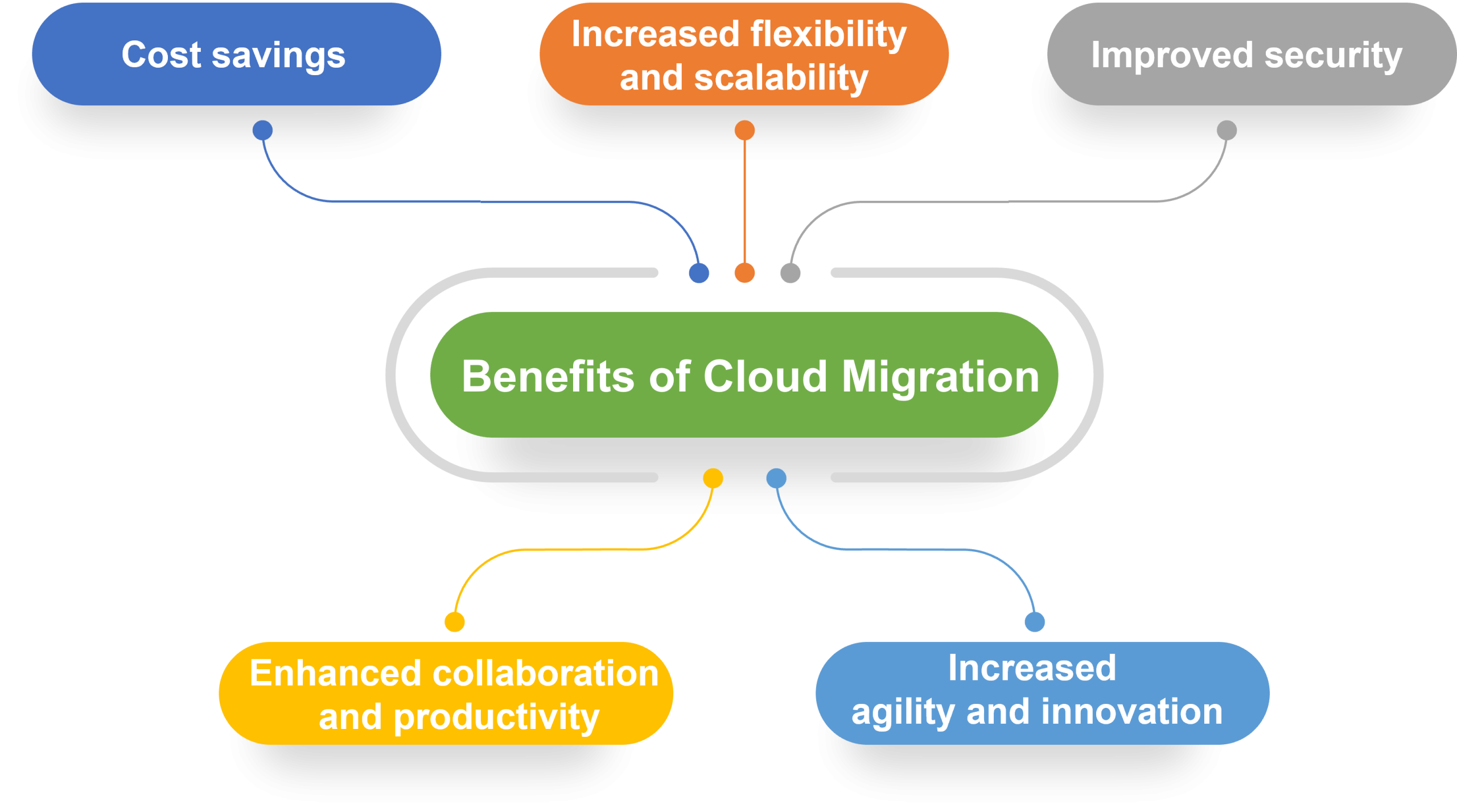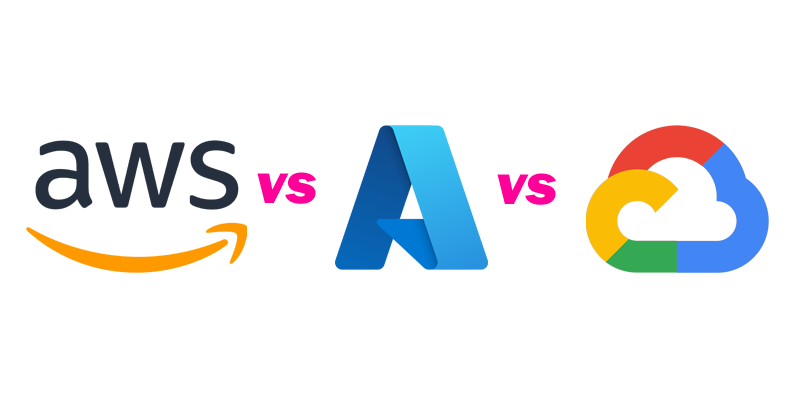The Future of Artificial Intelligence in Mobile App Development

The advent of Artificial Intelligence has caused a radical transformation in the tech world. And Chat-GPT is only a harbinger of the countless different ways in which this invention will take over human tasks, completing them in a far more effective manner.
For mobile app developers, the dawn of AI brings with it a chance to take their applications to the next level. Since this technology has automated so many human processes, the competition in the app development world has only grown more brutal, and those who fail to leverage AI will inevitably be left behind in the dust.
Today, we give you a small glimpse of the astonishing variety of features an AI-integrated phone can offer, and how these jumps in advancement are only going to increase exponentially with every passing day.
- Meeting Consumer Demand: More and more people around the world are now sharing their peculiar stories of how their smartphones seem to be aware of what they want. The idea is quite simple, and at the same time, brilliant. You call a friend on your phone and then whine about how you don’t have any good pairs of jeans left. Cut to a few minutes later after you’ve terminated the call; you open Facebook and the first thing you see is an advert for? Yes, you guessed it right. Jeans.
How does this happen? Suffice it to say, your phone isn’t alive, nor is it spying on you. In fact, it is Artificial Intelligence which allows your phone to track your consumer needs and then match them with the appropriate retailers. Tracking and analyzing this data, deriving useful insights from it, and then finding the perfect source to fulfil the existing gap is what Artificial Intelligence is seamlessly performing on smartphones, and it has led to a huge boost in the performance of businesses. Additionally, it has also led to more satisfied (and sometimes, also more suspicious) consumers, and it will be quite interesting to see how this technology evolves in the future.
- Optimized Search Engines: A good search engine gives users exactly what they type in. But a great search engine gives users exactly what they actually wanted, when they were typing their query in.
With Artificial Intelligence, this is now possible. You can grossly misspell a word, but the search engine will still, more often than not, give you results that are in accord with the word’s actual spelling. Not only that, but if you don’t know a particular item’s name but can describe it, if you enter that description into the search engine, it will actually analyze the description and then give you the product that most closely adheres to it.
For mobile applications, optimized search engines are a Godsend because they can be implemented not only in browsers like Chrome or Safari, but also in the search bars of all kinds of online stores. What’s even better, in the future we may see this technology expand in functionality to offer even more utility. Some signs of this have already begun appearing. For example, if you read about something online and then later want to research it, you don’t necessarily have to remember what it was; sometimes, the search engine autocompletes your query on its own. With AI, the search engines seem to know what you’ve been doing and what you want to further research, and they give you exactly what you’re looking for.
- Internet-less translations: For those who frequently have to consult the translation apps on their phone, AI comes bearing good news. Thanks to Artificial Intelligence Technology, translation apps can now work offline, and even better, the translation will occur in an almost instantaneous manner. Gone will be the days where you had to suffer those annoying pauses in-between every translation while the software processed your data; with AI, the results will be in your hands immediately.
- Facial Recognition, Reborn: When facial recognition technology made its debut in smartphones, it was a clumsy, malfunctioning disaster. The technology only worked when your face was perfectly vertical and completely in-sync with the camera—it failed to detect tilted angles or even faces in different lighting. What’s even worse, for some people the software refused to recognize their face after they had washed it!
With Artificial Intelligence, this technology now works like a charm. You can be in dim or bright lighting, you can set your face straight or rotate it at an angle, and you can even put on sunglasses if you want, the AI-powered app will still recognize you, provided you’ve supplied it with enough data.
AI has been of such great help to facial recognition, it is now being integrated in a wide array of apps that require the technology. Ever wondered why filters for snapchat or Instagram work so well, and how they fit perfectly on your face even when you’re lying down? The answer is AI. And its use will only proliferate in the coming days. We can expect to see this AI-enabled software being used in many more ways, such as for identity verification, online transaction confirmation etc.
Thus, in conclusion, it’s quite evident that Artificial intelligence has revolutionized the mobile app development market, and it seems to show no signs of slowing down. The message then is quite clear: Apps that make use of this technology will inevitable gain a hand over their competitors, whereas apps that don’t will risk falling back into an obsolete past.



















































